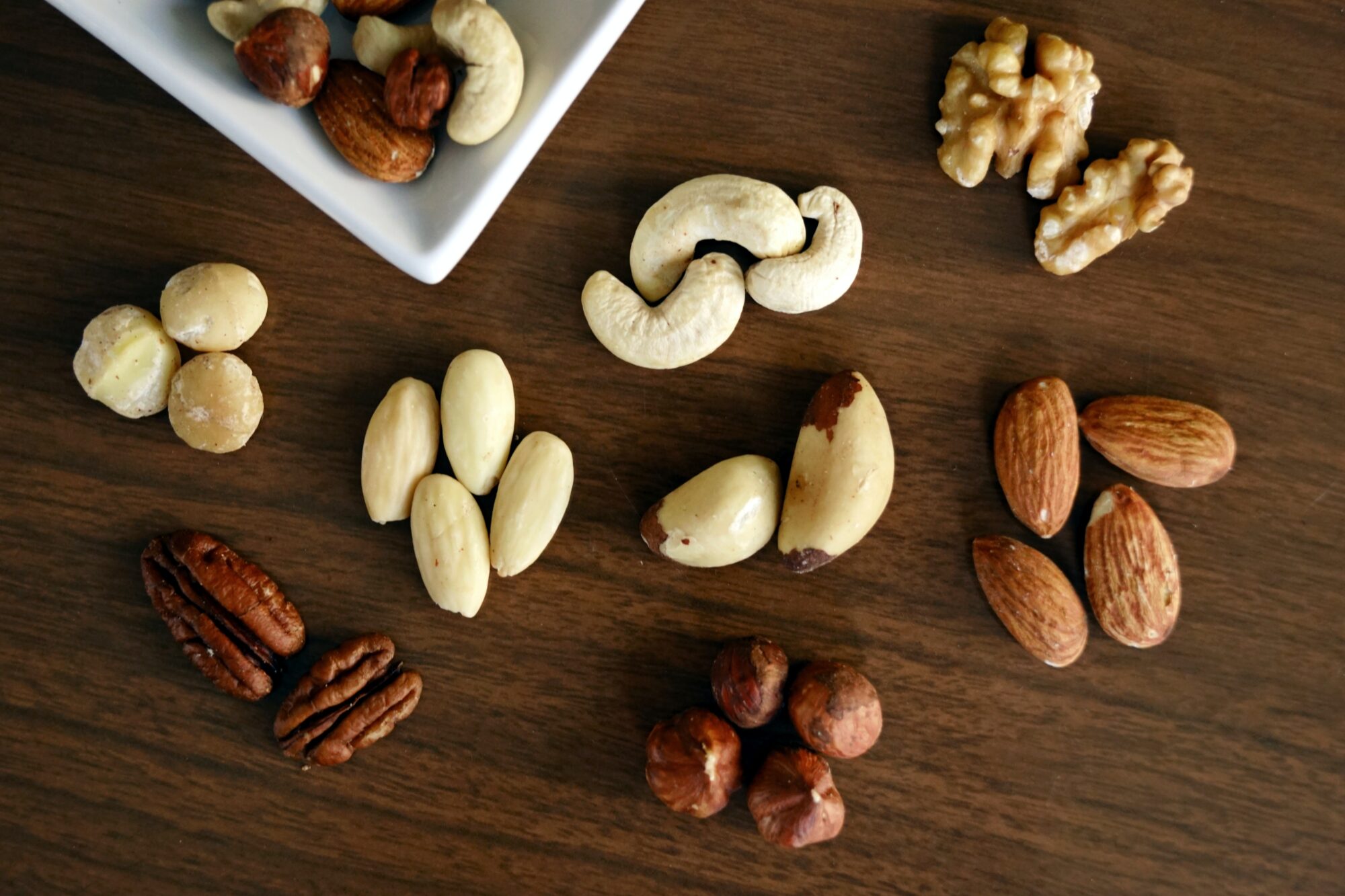As a cat owner, you may be wondering if it’s safe to give your feline friend nuts as a snack or treat. Like many frequently asked questions about cat diets, the answer to this one depends on a few factors.
Can Cats Eat Nuts?
First and foremost, it’s important to understand that cat food should always be the primary source of nutrition for your cat. While some human foods can be offered to your cat in small amounts, they should never replace a balanced and complete cat food diet. Nuts, in particular, are not necessary for your cat’s diet and should only be given as an occasional treat in small amounts.
When it comes to the question of whether cats can eat nuts, the answer is both yes and no. While some nuts are safe for cats to eat in small quantities, other seeds can be toxic and even deadly for pets.
Suggested: Can Cats Eat Mangos? Find Out Here
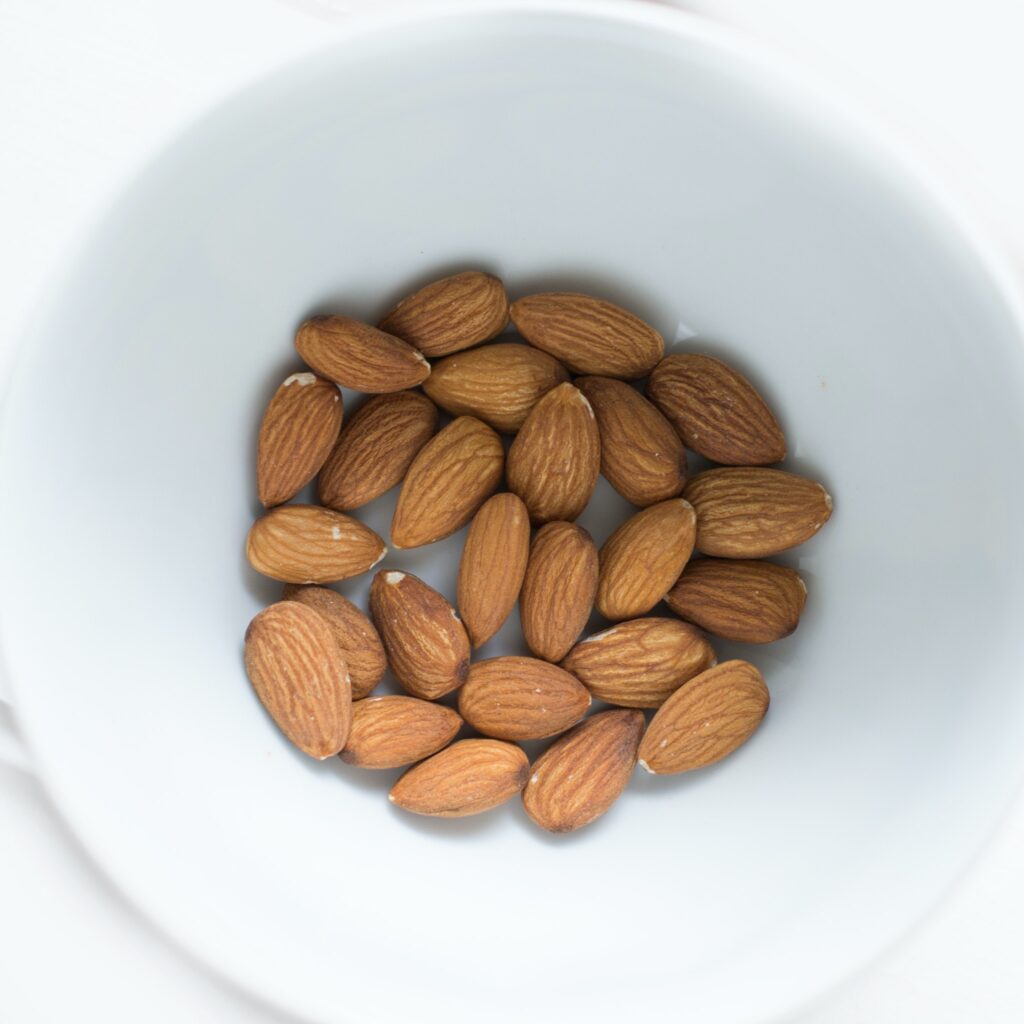
What Types of Nuts Are Safe for Cats?
While some nuts are toxic and should be avoided, there are a few types of nuts that are safe for cats to eat in small quantities as a treat. These include:
- Cashews: Cashews are safe for cats and can be given as an occasional treat. However, they are high in fat, so it’s important to only offer them in small amounts.
- Peanuts: Peanuts are generally safe for cats, but should be given in moderation and without any added salt, sugar, or flavorings. Peanut butter can also be given in small amounts, as long as it does not contain xylitol, a sugar substitute that is toxic to pets.
- Almonds: Almonds are not toxic to cats, but they are high in fat and can cause digestive upset stomach if given in large amounts. It’s best to offer them as an occasional treat in small quantities.
It’s important to note that while these nuts are safe for cats, they should never replace a balanced and complete cat food diet. Additionally, nuts should always be given in moderation and without any added seasonings or flavors. If you are unsure about whether a particular nut or meat is safe for your kitty, it’s always best to consult with your veterinarian to ensure that it is appropriate for your individual feline friend.
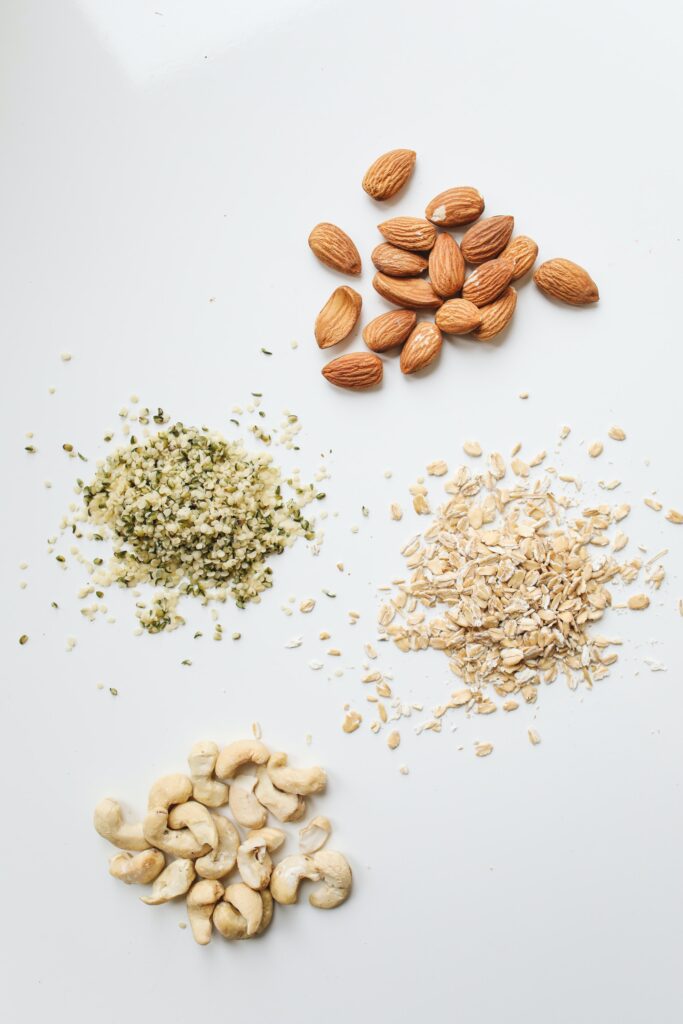
Which Nuts are Toxic to Cats?
There are a few types of nuts that are toxic to cats and should be avoided. These include:
- Macadamia nuts: Macadamia nuts can cause lethargy, vomiting, hyperthermia, and tremors in cats. In severe cases, they can also cause muscle weakness and temporary paralysis.
- Walnuts: Walnuts contain a toxin called juglone, which can be harmful to cats. If a cat eats a large amount of walnuts, it can cause digestive upset, lethargy, and even seizures.
- Pecans: Pecans are also toxic to cats and can cause digestive upset, lethargy, and vomiting. In some cases, they can also cause muscle tremors and temporary paralysis.
- Hazelnuts: Hazelnuts contain a toxin called tannins, which can cause digestive upset and can even lead to an obstruction in the intestines if a cat eats a large amount.
It’s important to note that while these nuts are toxic to cats, other pets like dogs may be affected differently. Additionally, if you suspect that your cat has ingested a toxic substance, including any type of nut, you should contact your veterinarian immediately for advice on what to do next.
Suggested: Can I Feed My Cat Papaya? Find Out Here
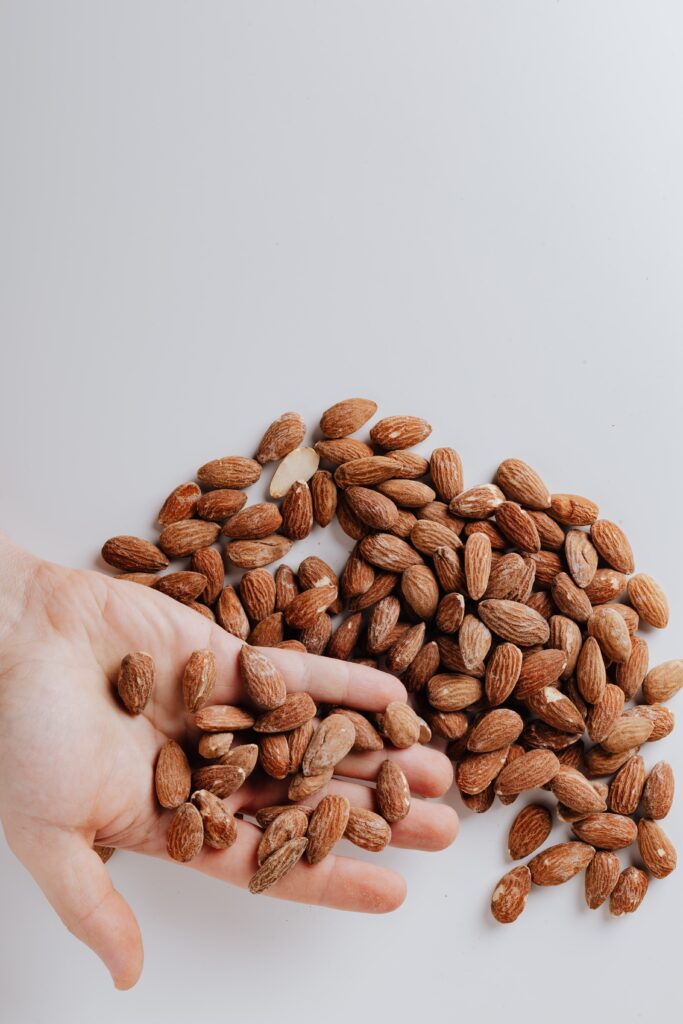
Nutritional Benefits of Feeding Nuts to Your Cat
While some nuts are safe for cats in small quantities, they are not necessary for their diet and should only be given as an occasional treat. However, some nuts do contain beneficial nutrients that can be valuable additions to a cat’s diet in moderation. Here are some of the nutritional benefits of feeding nuts to your cat:
- Protein: Nuts are a good source of protein, which is important for cats as they are obligate carnivores that require a high amount of protein in their diet.
- Fats: While some nuts are high in fat and should be avoided, others like almonds and cashews are low in saturated fats and contain healthy monounsaturated and polyunsaturated fats. These types of fats are important for maintaining healthy skin and a shiny coat.
- Vitamins: Some nuts, like almonds, are high in vitamin E, which is an antioxidant that can help support your cat’s immune system. Nuts also contain B vitamins, which are important for energy metabolism and can help support your cat’s overall health.
- Minerals: Nuts are a good source of minerals like magnesium, zinc, and selenium, which can help support your cat’s bone health and immune function.
It’s important to note that while nuts can offer some nutritional benefits, they should never replace a complete and balanced cat food diet. Additionally, some nuts are toxic to cats and can cause serious health problems, so it’s essential to know which nuts are safe and to offer them in moderation as an occasional treat. If you are unsure about whether a particular nut is safe for your cat, it’s always best to consult with your veterinarian to ensure that it is appropriate for your individual feline friend.
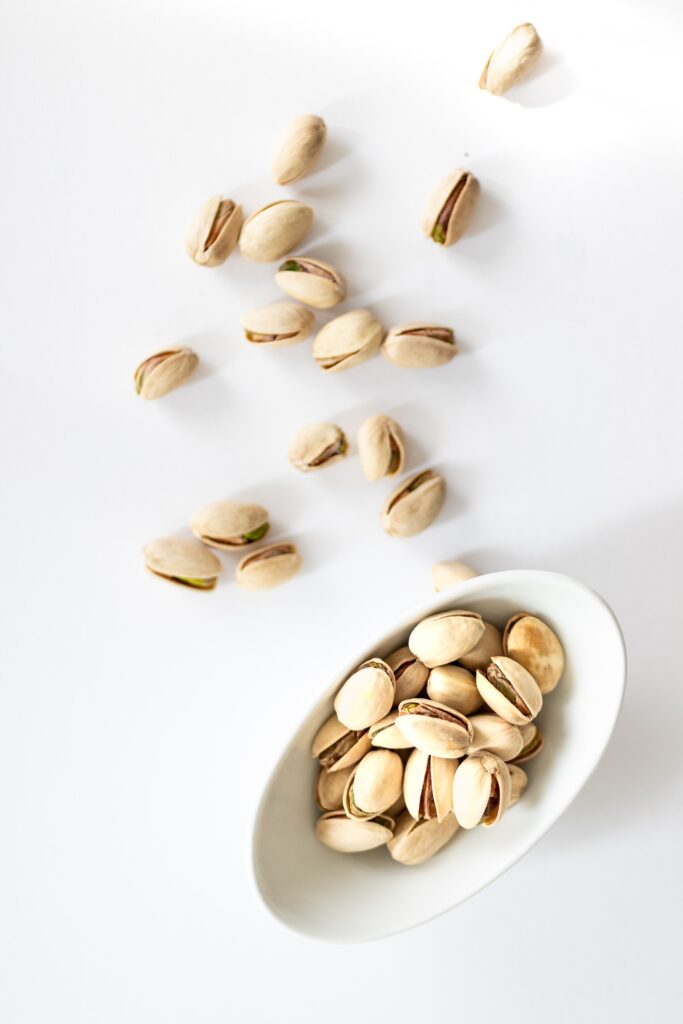
How Much and How Often Should You Feed Your Cat Nuts
While some types of nuts are safe for cats, they should be given in moderation and as an occasional treat, and they should never replace a balanced and complete cat food diet. Here are some guidelines on how much and how often you can feed your cat nuts:
- Quantity: Nuts should be given to cats in very small quantities due to their high fat content. A few small pieces of nut as a treat once a week or even less often is plenty.
- Frequency: It’s best to only offer nuts as an occasional treat, rather than a regular part of your cat’s diet. You should not give nuts to your cat every day or even every week.
- Preparation: Raw nuts should be avoided, as they can be difficult for cats to digest and may cause digestive upset. You should only give your cat nuts that are unsalted, unflavored, and not coated in any type of sugar, honey, or syrup.
- Observations: When you offer your cat nuts, observe their reaction and watch for any signs of digestive upset or adverse reactions. If you notice any symptoms like vomiting, diarrhea, or lethargy, stop giving nuts to your cat immediately and consult with your veterinarian.
So, Can I give nuts to my cat?
In conclusion, the answer to whether cats can eat nuts is a bit complex. While some nuts are safe in small amounts, others can be toxic to your pet. In general, it’s best to avoid giving your cat nuts as a treat and instead stick to high-quality cat food to ensure they receive the proper nutrition they need. If you do decide to give your cat nuts or any other human foods, be sure to consult with your veterinarian to ensure that they are safe and appropriate for your individual feline friend.
